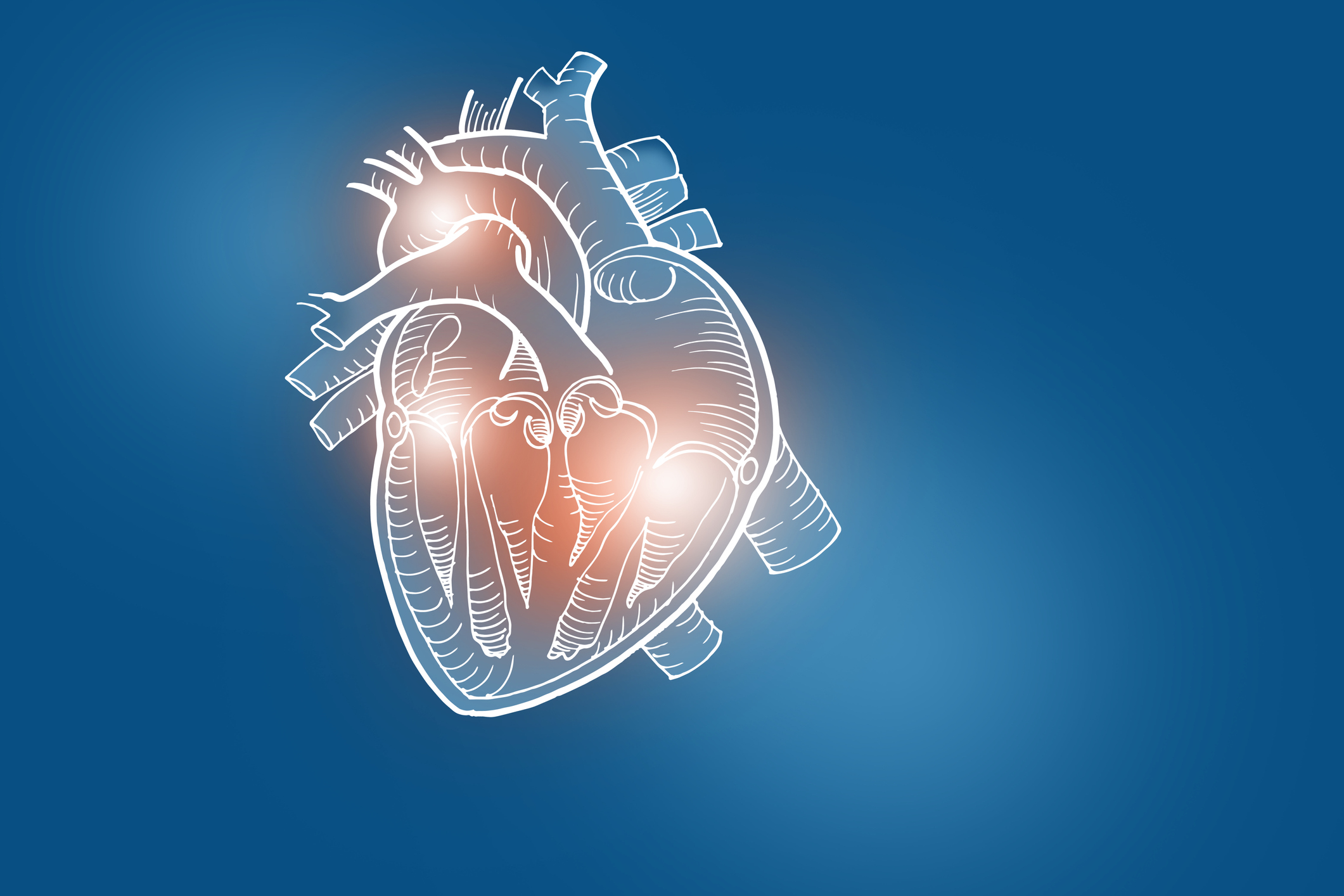

Atherosclerosis is a thickening, hardening or narrowing of the arteries that’s the result of a buildup of plaque. This plaque is made up of deposits of cholesterol, calcium and bits of fat, among other substances.
As plaque builds up in the artery, it thickens and stiffens the walls, making it more difficult for blood to pass through the blood vessel. If the blockage becomes severe enough, it can lead to life-threatening conditions like heart attack or stroke, or severe pain and tissue death in the arms and legs. It can also damage the heart muscle, resulting in heart failure.
It’s clear that plaque buildup is directly connected to atherosclerosis, but researchers are still working to identify other factors that might lead to the thickening of artery walls…
It’s all in this cellular switch
As we age, our arteries age — just like the rest of the body. And that’s most apparent in what happens to our vascular smooth muscle cells (VSMC) that line the inside of our arteries.
When we are younger our arteries are smooth and pliable, thanks to the VSMC. Many things can impact the plasticity of our arteries, but first and foremost is the decline in collagen and elastin production in the artery walls that occurs with aging.
But when hypertension is added to the mix, things get can get a lot worse for your arteries.
Taking into account these two common risk factors involved in atherosclerosis — hypertension and age-associated changes to the stiffness of the artery wall — an international team of researchers set out to delve deeper into the mechanisms of the process in hopes of identifying new strategies for targeting the disease.
In the study, the researchers studied how hypertension and changes to the stiffness of the artery wall are both sensed by the vascular smooth muscle cells in the walls of the arteries
As expected, the researchers found the arterial wall becomes stiffer as atherosclerosis worsens. But the surprising discovery was that when the artery wall initially thickens, it leads to a softer cellular environment. This softer environment then combines with the high blood pressure to stimulate the VSMC to switch from a “contractile” to a “synthetic” phenotype.
This switch prompts the VSMC to rapidly reproduce. That causes the cells to degrade and remodel their environment, leading to further softening and disease progression.
Can lifestyle measures keep your arteries healthy?
According to Dr. Thomas Iskratsch from Queen Mary University of London, co-author of the paper, “The interplay of different mechanical pathways was not known and it was surprising that the combination of soft environment and pressure was having this strong impact.”
Right now, there is a lack of efficient treatments for atherosclerosis. Once the disease presents itself, usually by the time it’s reached a life-threatening stage, the only treatments are surgical.
This new research stresses the importance of two things: avoiding hypertension and slowing the aging of your arteries.
The latter may be the hardest to do. You’ll find lots of advice for managing your blood pressure, including exercising regularly, maintaining a heart-healthy diet and, of course, medication.
But you’re not helpless in supporting your VSMC…
Vitamin K2 has been shown in multiple studies to be supportive of VSMC. In one study, vitamin K2 has been found to hamper the death (apoptosis) of VSMC, as well as reducing phenotype alteration of VSMC. Other studies have found the vitamin has a modifying effect on calcification and arterial stiffness.
Also, cellular studies have shown that a combination of fish oil, cocoa extracts and plant phytosterols can help halt the progression of atherosclerosis.
As far as keeping your artery walls thin, another study found that women who ate a lot of cruciferous vegetables like broccoli and cauliflower had thinner artery walls than those who didn’t. The good news there is even if you’re not a fan of broccoli, there are more than a dozen other cruciferous vegetables to choose from, including cabbage, bok choy, kale, collard greens, radishes, turnips, arugula and Brussels sprouts.
Sources:
How hypertension and ageing impact artery walls – new findings on atherosclerosis pathology — EurekAlert!
Pressure and stiffness sensing together regulate vascular smooth muscle cell phenotype switching — Science Advances
Could a combined dietary supplement help ward off heart disease? — ScienceDaily
Atherosclerosis — Johns Hopkins Medicine
Lactate Promotes Synthetic Phenotype in Vascular Smooth Muscle Cells — Circulation Research
